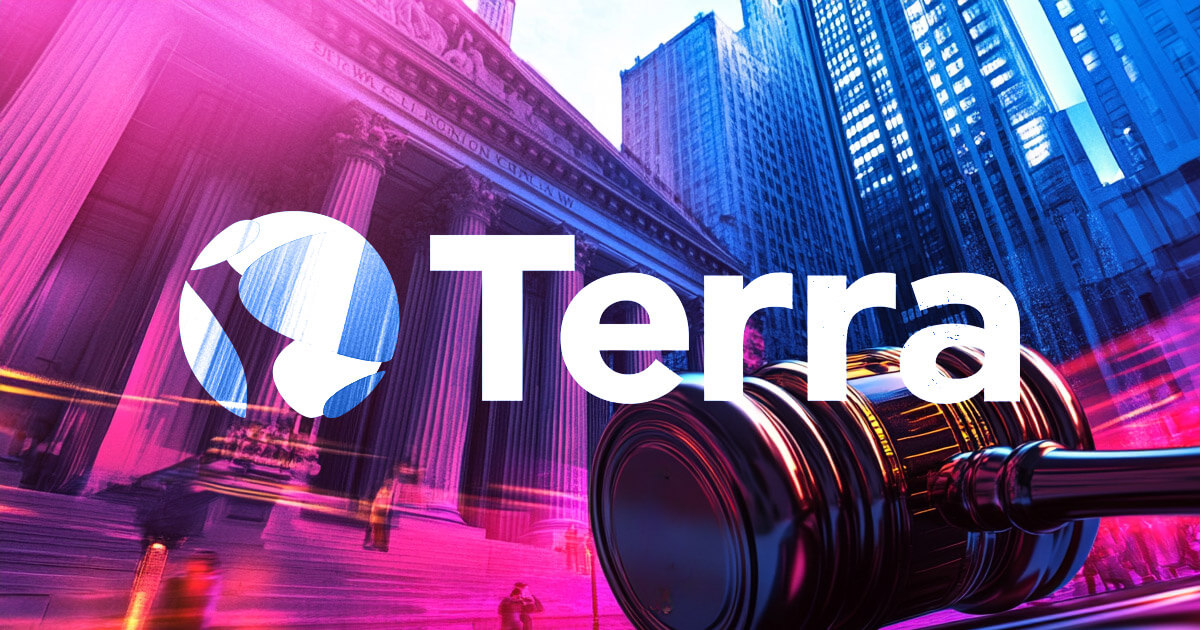Major crypto exchange Binance has criticized crypto regulations in the US, calling on the country to follow in Europe’s footsteps and provide clearer rules.
Speaking at the Financial Times’ Crypto and Digital Assets Summit in London on Wednesday this week, Binance’s Chief Strategy Officer Patrick Hillman took aim at US regulators, saying enforcement of crypto regulations in the US have “been very confusing over the past six months.”
The US is now in a “weird place” in terms of crypto regulations, Hillman said, while admitting that this has made it difficult for Binance to work in the country.
To rectify the damage that has already been done, Hillman suggested regulators completely change the direction they have been going in, and instead tries to learn from what Europe has done.
The European Union (EU) earlier this year passed the comprehensive Markets in Crypto Assets (MiCA) regulatory framework, drawing praise from the likes of Binance CEO Changpeng Zhao.
Among other things, Zhao said about MiCA at the time that it “means one of the world’s largest markets is introducing tailored regulations for crypto to protect users and support innovation.”
Binance eyes UK regulation
Despite the UK no longer being a part of the EU and the new MiCA rules, Binance’s Hillman said at the event that the company is very keen on becoming regulated in the UK.
We will do “everything we possibly can” to be regulated under UK law, he said.
The comments come after Coinbase, another major US-based exchange, also has floated the idea of moving its operations abroad to avoid the regulatory uncertainty in the US.
“Anything is on the table, including relocating or whatever is necessary,” Coinbase CEO Brian Armstrong said in an April 19 speech held in the UK, where he also revealed that he would have chosen the London Stock Exchange over New York if he had been given the option to relist his company.
At the time, Armstrong argued that regulations in the UK are easier to navigate since the country, unlike the US, has a single regulator that is responsible for both securities and commodities.
“You don’t have this unfortunate thing happening where the CFTC and the SEC are having a turf battle,” he said.
Credit: Source link














































